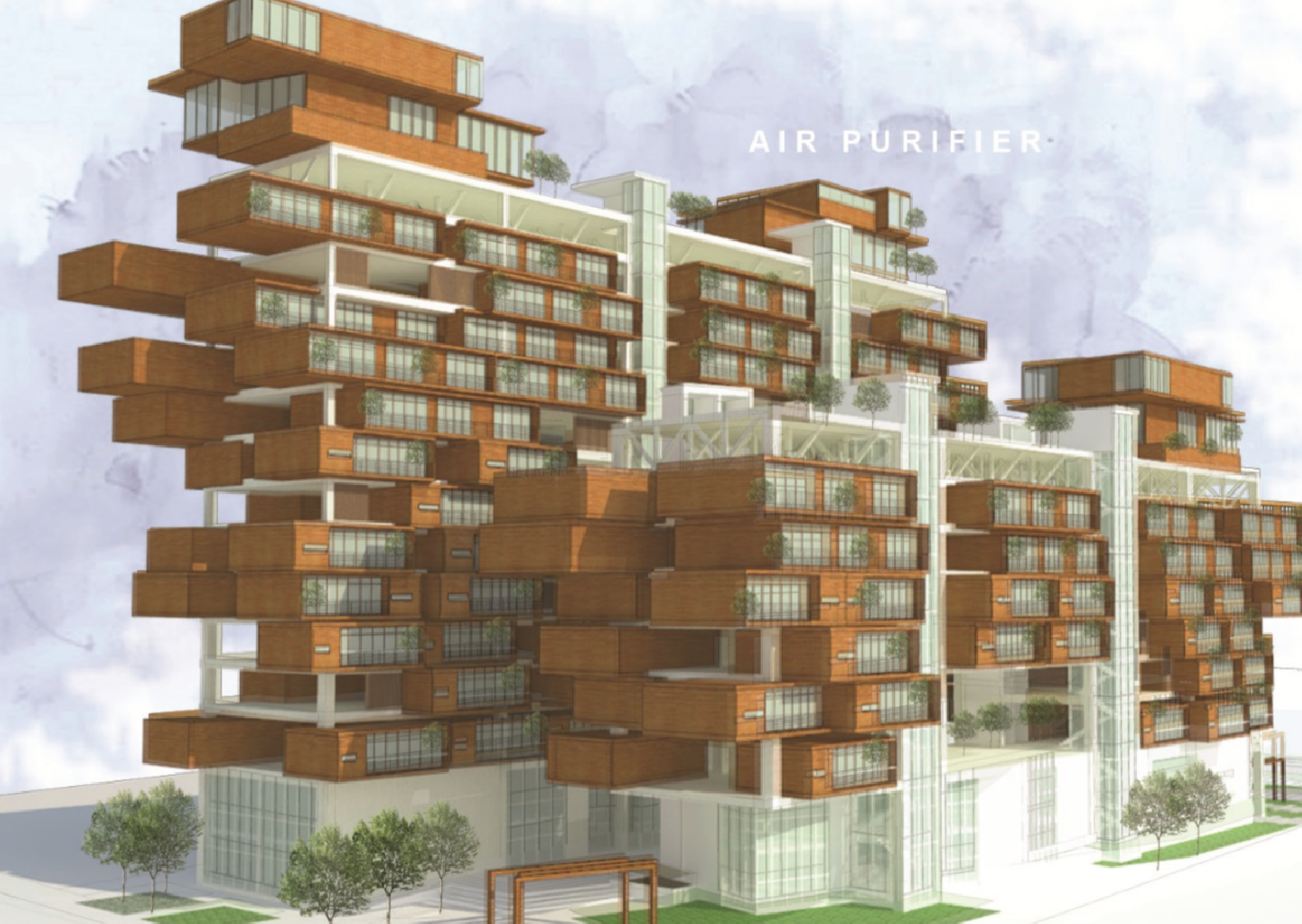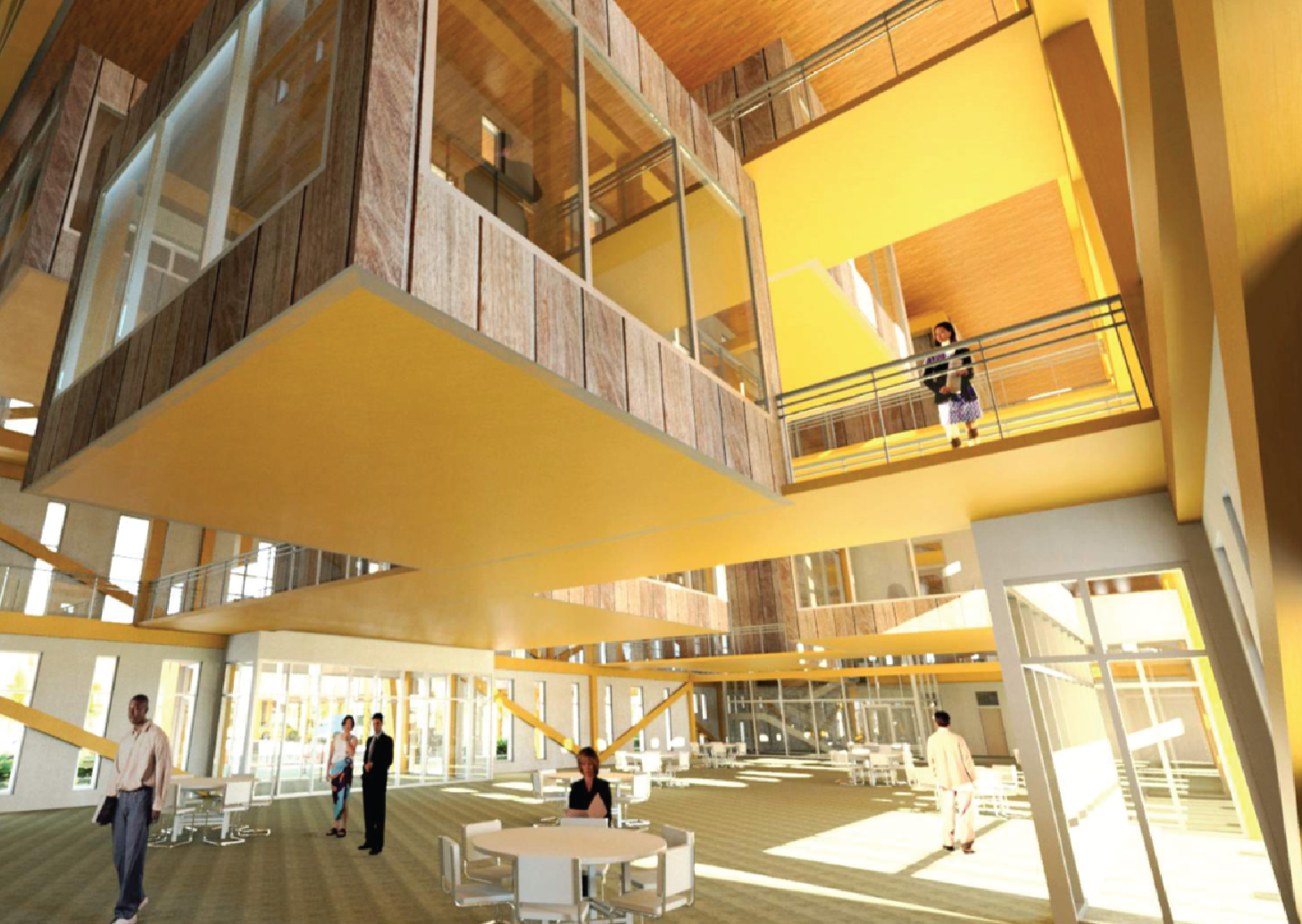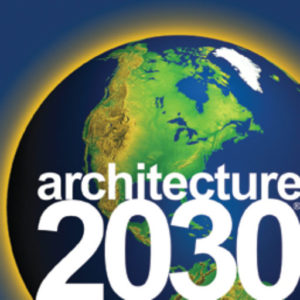Shaping the next generation of Architects
March 2018 | Announcements | Education

Architecture 2030 has teamed up with leading educators in the US to compile cutting-edge courses for Architecture and Planning Schools.
The syllabi and projects are publicly available – click on the project links below!
The 2030 Curriculum Project integrates climate and environmental issues into design studios, history courses, and other program areas, creating a sustainability model for architecture and planning programs nationwide.
We are excited to share the following successful projects and coursework, which provide a framework for expanding curricula to address the most pressing issues of our time.
“Students in this studio learned basic principles that they were able to implement and test using building simulation tools. The workflow to design low carbon buildings that they learned in the studio was probably more important than the final product, and is something they’ll take with them into their future careers.”
– Pablo La Roche, PhD, California State Polytechnic University, Pomona

California State Polytechnic University, Pomona | Professor Pablo La Roche PhD
ARC 402 Topics in Advanced Architectural Design
The goal of this undergraduate design studio is to introduce students to the design process of environmentally responsive, low carbon buildings. Students design carbon neutral high-rise multifamily buildings in downtown LA, using tools to analyze climate and model energy and daylighting.

University of Texas at San Antonio | Professors Ian Caine & Dr. Rahman Azari
San Antonio 2040: New Housing Models for the Flat City II
This advanced undergraduate studio challenges students to address a hybrid sub/urban housing typology and redefine what housing means in order to address San Antonio’s anticipated population growth. Students used multiple tools to understand climate, model energy and daylight performance, and to calculate the embodied carbon impacts of their designs.

University of Oregon | Professor Brook Muller
Hydro-Logical Architecture for the Urban Watershed
This undergraduate + graduate advanced design studio explores site-scale approaches to water infrastructure in urban environments. Students examine the interdependence of water- and energy-related concerns (the “energy-water nexus”) addressing ways to meet global GHG emissions targets while also delivering important human health and ecosystem benefits.

University of Washington | Professor Rachel Berney
Community Design, Planning, and Development in the Bajo Lempa, El Salvador
This multi-disciplinary graduate design studio challenges architecture, landscape architecture, and urban planning students to re-design carbon neutral, resilient communities in El Salvador’s Bajo Lempa region. This studio examines the ways in which creative design and planning solutions can serve as vehicles for social, environmental, and physical betterment at the regional and community levels.

University of California, Berkeley | Professors Chrissie Bradley, Gabriel Kaprielian, Agostion DiTommaso
DISC*2017 Studio, Summer 2017 | Website
Through mapping, research, and design, undergraduate students envision the future of the San Francisco Bay Area’s urban waterfront as a model for resilient urban design and adaptation in the face of sea level rise. Students create a gameboard and final presentation synthesizing the culmination of their research, mapping, and design strategies applied to each site.

Portland State University | Professor B.D. Wortham-Galvin
ARCH 232 – Architectural and Cultural History III with Building Science Lab to Advance Teaching (BUILT)
This course integrates building science performance analysis with an architectural history survey course. Students work in teams to collect data and analyze the Indoor Environmental Quality of historic buildings in Portland using tools and training provided by BUILT. This approach provides students with an awareness and understanding of building performance in the historic context.

University of Massachusetts | Professor Ajla Aksamija
ARCH 601-1 “Resilience Research & Education Center”
This graduate design studio challenges students to design a mixed-use building dedicated to interdisciplinary resiliency and sustainability research. Students address energy-efficiency strategies, passive and active design methods, advanced building systems, and methods for achieving zero-net-carbon energy goals using renewable energy sources. Coursework involves using tools for climate analysis, energy, and daylight modeling.

Woodbury University School of Architecture | Professors Michael Pinto, Kishani De Silva, and Catherine Roussel
ARCH 620 – The Contemporary Architecture Profession
This course explores how to develop an issue-based approach to design, focusing on the numerous global built environment issues students must be prepared to address as architecture practitioners. Students then research and create a tangible product and/or initiative focused on ameliorating their chosen issue (e.g. policy, affordable housing, etc.) through the lens of sustainability.
The pilot phase of the 2030 Curriculum Project was made possible through the generous support of the Allen H. and Selma W. Berkman Charitable Trust.
Cover image project by Kayley Ryan and Youstina Yussef of Cal Poly Pomona, Professor Pablo La Roche, PhD.
ABOUT US
Architecture 2030’s mission is to rapidly transform the built environment from the major contributor of greenhouse gas emissions to a central solution to the climate crisis.



